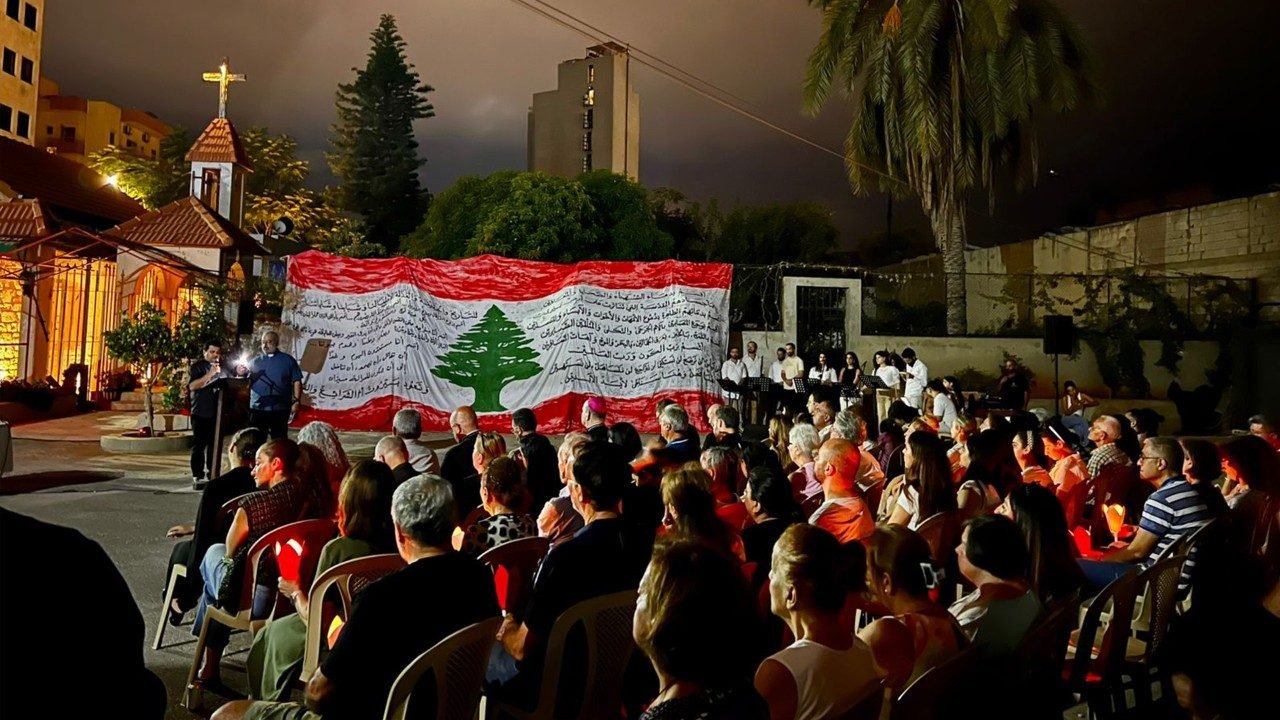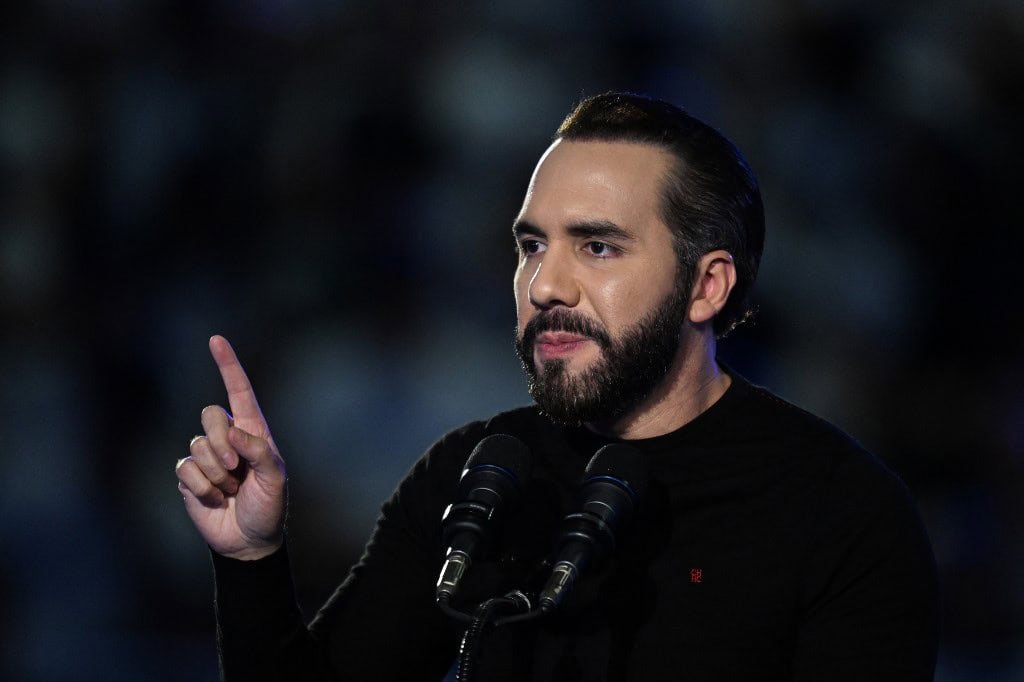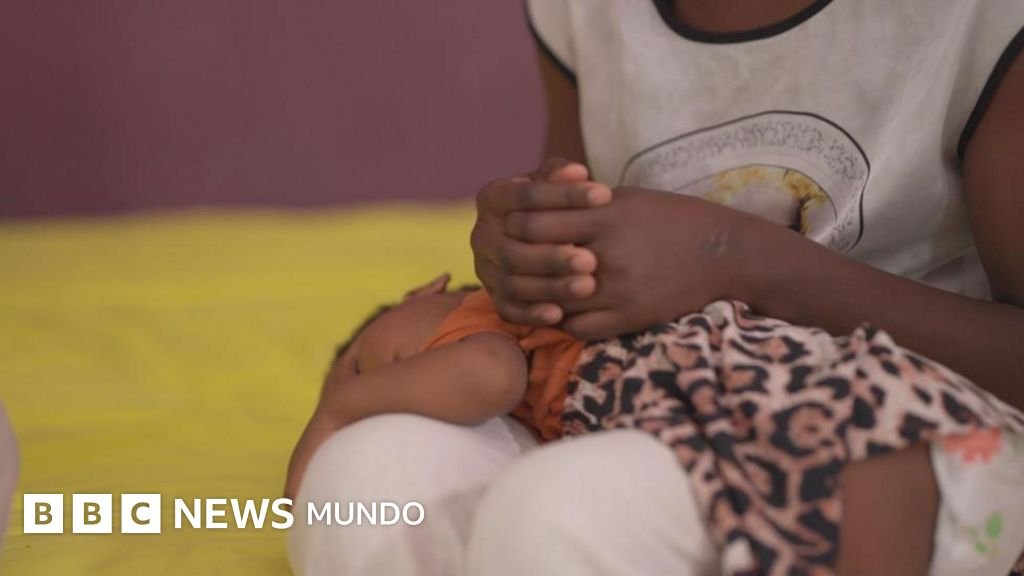A vigil was held on Sunday 4 August in Beirut in an area adjacent to the site of the port explosion tragedy exactly five years ago on 4 August 2020. A message from Pope Leo XIV read during the vigil expressed his closeness with the people. Apostolic Nunzio, Archbishop Borgia says, “the families of the victims need justice and truth about what happened. These are deaths that still have no explanation, and this weighs heavily on the whole country.”
By Salvatore Cernuzio
Testimonies, memories, a silent march, and the planting of 75 trees bearing the names of the victims marked the prayer vigil for the fifth anniversary of the explosion at the port of Beirut on 4 August 2020. Tears and prayers accompanied the solemn commemoration as the Lebanonese, five years on, remembered again the 245 dead and 6,000 injured, an open wound, yet another trial for the Land of the Cedars, along with war, economic and political crises, and social instability.
A land beloved by Popes—from John Paul II, who called it a “message,” to Francis, who just a year ago, in August, received a group of relatives of the victims of the port tragedy. Now Pope Leo, through a message signed by Cardinal Secretary of State Pietro Parolin, assures that Christ’s tears “are joined with ours in the face of loss and suffering.” “Death does not and will never have the last word,” the Pope affirms, conveying his affection and that of the whole Church to the Lebanese people. Pope Leo “wishes to once again express his compassion to all those whose hearts are wounded or who have lost everything due to this catastrophe. The beloved and suffering Lebanon remains at the center of his prayers,” reads the message. It was read at last night’s vigil by Apostolic Nuncio Paolo Borgia, who shared perspectives and hopes for the country with Vatican media.
Q: Your Excellency, tell us about yesterday’s vigil for the fifth anniversary of the Beirut port explosion
It was very moving. It took place in Karantina, in the square in front of the Church of Notre-Dame de la Délivrance, an area adjacent to the port and one of the hardest hit, where the highest number of rescue efforts took place immediately after the blast. There was a moment of prayer during which the families of victims and the injured came together. There were also some testimonies, followed by a silent march to a garden along the road to the port, where in recent days 75 trees bearing the names of victims were planted. More will be planted in the future. Additionally, the Minister of Culture announced that the silo that exploded on 4 August has now been listed as a historical monument of the country. It was truly an intense moment, because the wounds from that tragic explosion still run deep. Six thousand five hundred people were treated in Beirut’s hospitals, the chaos, the dead on the streets—it’s all still vivid in the memory of the Lebanese people.
Pope Leo XIV also wished to be “present” for this anniversary…
Yes, the Holy Father was present through a heartfelt message signed by the Secretary of State. It was a message of encouragement expressing his closeness, as well as that of the Holy See, which has shown particular concern and proximity to the victims and their families throughout these years. It’s worth recalling that last year Pope Francis received a delegation of the relatives of the victims.
Indeed, on 26 August 2024 Pope Francis received the families of the victims when he echoed their cry for “justice and truth.”
That day, there were not only the relatives of the deceased but also the injured and those who suffered serious wounds. And yes, the Pope reiterated their appeal for justice and truth, a plea the families have been voicing for five years. Pope Francis acknowledged that the issue is complicated and thorny. And it’s true—we all know it is. There are conflicting interests at play, but truth and justice must prevail above all else. Today, however, there’s a bit more hope. Some steps are being taken in the investigation phase. The victims’ families are beginning to regain some hope for the future, although there is still a long road ahead.
More specifically, where do the investigations currently stand?
We are still in a preliminary phase, hearing witnesses and people with knowledge of the facts. But this will take time, and we hope it concludes soon because the victims and their families need to know the truth and to see justice served. These deaths still have no clear cause or explanation, and that weighs heavily on the entire country.
A country that, in recent months, has also experienced war and finds itself in the middle of a Middle Eastern powder keg. How are the Lebanese people living through these times?
It’s a real trial for the country. Despite the ceasefire, there’s undoubtedly still a climate of tension, and several internal and external political problems weigh heavily and need to be resolved. Of course, there is always hope that peace will prevail—that peace can be achieved both within the country and along its borders. The path is not easy; it’s a complicated journey. But we hope that political knots can be untied and a national and international solution can be found.
During these days of the Jubilee of Youth in Rome, several Lebanese flags have been seen along Via della Conciliazione, Saint Peter’s Square, and Tor Vergata. What do these new generations represent for Lebanon?
They represent two things. First, the faith that is very much alive in Lebanon and expressed in many forms. Second, a strong attachment to the Pope and to the universal Church. It’s a sign of a youth that wants to break free, to be reborn, to build a different country—despite everything. Lebanon faces a serious problem with so many young people forced to leave and go to Europe, the USA, Canada, or Australia to seek better living conditions. But there are also many young people who stay and who want to work here. Everyone shares the desire to find political, social, and economic conditions that, sadly, are still missing—conditions that would allow many who’ve had to leave to return and live peacefully in this beautiful country.






